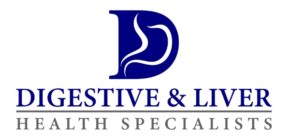Low FODMAP Diet
A low FODMAP diet is a dietary approach that helps to reduce the intake of certain types of carbohydrates that can cause digestive symptoms in some people. FODMAP stands for “Fermentable Oligo-, Di-, Mono-saccharides And Polyols,” which are types of short-chain carbohydrates that are poorly absorbed in the small intestine and can cause symptoms such […]

